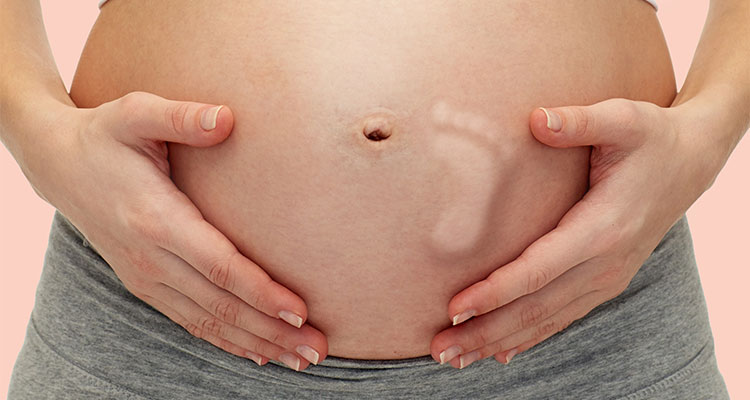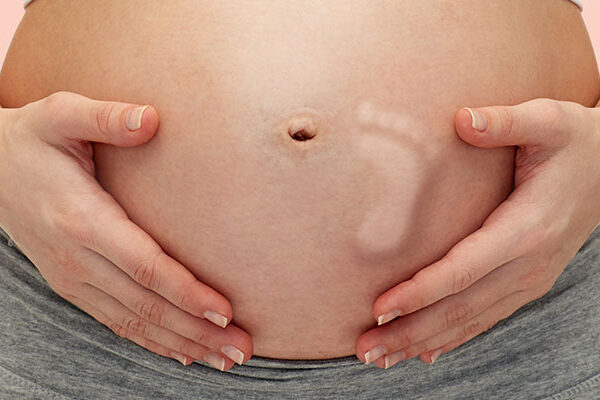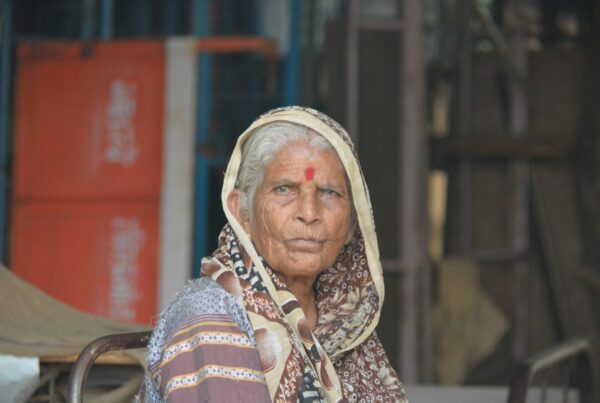Pregnancy is a beautiful and transformative time, but it also comes with the responsibility of protecting not only your health but also the well-being of the growing life inside you. While many expectant mothers focus on what to do—like taking prenatal vitamins and attending check-ups—it’s just as important to understand what to avoid during pregnancy. Steering clear of certain substances, foods, activities, and habits can make a significant difference in ensuring a smooth, healthy pregnancy and a thriving baby.
Substances and Chemicals to Avoid
1. Alcohol
Even small amounts of alcohol during pregnancy can be harmful. Alcohol passes through the placenta to the baby and may cause fetal alcohol spectrum disorders (FASD), leading to physical, behavioral, and intellectual disabilities.
2. Tobacco and Nicotine
Smoking during pregnancy restricts oxygen flow to the baby and increases the risk of low birth weight, preterm birth, and sudden infant death syndrome (SIDS). Nicotine patches or vaping are not safe alternatives—quitting entirely is best.
3. Recreational Drugs
Illicit drugs like cocaine, marijuana, and methamphetamines can cause serious developmental issues, withdrawal symptoms in newborns, and pregnancy complications such as placental abruption.
4. Certain Medications
Avoid over-the-counter and prescription drugs unless approved by your healthcare provider. Medications such as NSAIDs (like ibuprofen), some antibiotics, and certain antidepressants can be harmful to the fetus.
5. Caffeine (Limit Intake)
While moderate caffeine intake is generally considered safe (under 200 mg/day, or about one 12-oz coffee), excessive consumption may increase the risk of miscarriage or low birth weight.
Foods to Avoid
A healthy pregnancy diet is essential, but some seemingly harmless foods can pose risks:
- Raw or undercooked meats, eggs, and seafood: Risk of salmonella, toxoplasmosis, and listeria.
- High-mercury fish: Including shark, swordfish, and king mackerel—mercury can damage the developing nervous system.
- Unpasteurized dairy and juices: May contain bacteria that can cause serious infections.
- Deli meats and hot dogs (unless heated until steaming): Can carry listeria, a bacteria that can cause miscarriage or stillbirth.
- Raw sprouts: Risk of bacterial contamination.
Environmental Hazards
1. Toxic Cleaning Products and Pesticides
Exposure to strong cleaning agents, paint fumes, or insecticides can be harmful. Choose natural or pregnancy-safe alternatives whenever possible.
2. Radiation Exposure
Medical X-rays should be avoided unless absolutely necessary. Always inform your healthcare provider or dentist if you’re pregnant.
3. Hot Tubs and Saunas
Overheating in early pregnancy—especially in the first trimester—can increase the risk of neural tube defects. It’s best to avoid hot tubs, saunas, or long, hot baths.
Physical Activities to Avoid
While staying active is important, some physical activities can pose a danger during pregnancy:
- High-impact sports or activities with a fall risk: Such as skiing, horseback riding, or contact sports.
- Heavy lifting or strenuous exercise: Can strain your body or trigger early labor.
- Activities that involve lying flat on your back after the first trimester: This can compress a major vein and reduce blood flow to your baby.
🧠 Mental and Emotional Well-being
Stress, anxiety, and untreated depression can affect both mother and baby. Avoid:
- Neglecting your mental health – Talk to your doctor about any mood changes.
- Overworking or lack of sleep – Rest and relaxation are crucial during pregnancy.
Medical Oversight
- Skipping prenatal care can lead to undiagnosed complications.
- Self-diagnosing or self-medicating is dangerous. Always consult your OB-GYN or midwife before taking any new supplement or medicine.
Pregnancy is a time for nurturing and protecting. By avoiding harmful substances, risky foods, and dangerous habits, you create the best possible environment for your baby’s development—and support your own health too. Always speak with your healthcare provider if you’re uncertain about something during your pregnancy.




